Many people probably think that being a professional gamer is a dream job. What’s not to love? You get to play your game of choice and earn tons of money and recognition in the process. Well, reality, it turns out, is quite different.
As eSports continue to gain more and more mainstream attention, publishers and players alike find themselves having to adapt and deal with new, often unexpected, challenges similar to those of top traditional sports stars and celebrities.
Lucas Tao Kilmer Larsen, more commonly known to the League of Legends community as “Santorin”, recently shared what it feels like to be part of this booming industry. According to him, the life of a professional gamer involves very long working hours and many obligations.
Larsen says that he plays League for up to 14 hours a day and only gets to see his friends once a year. “It’s definitely my dream job. But over time, it’s become more and more of a job. … It isn’t as fun as anymore,” he stated.
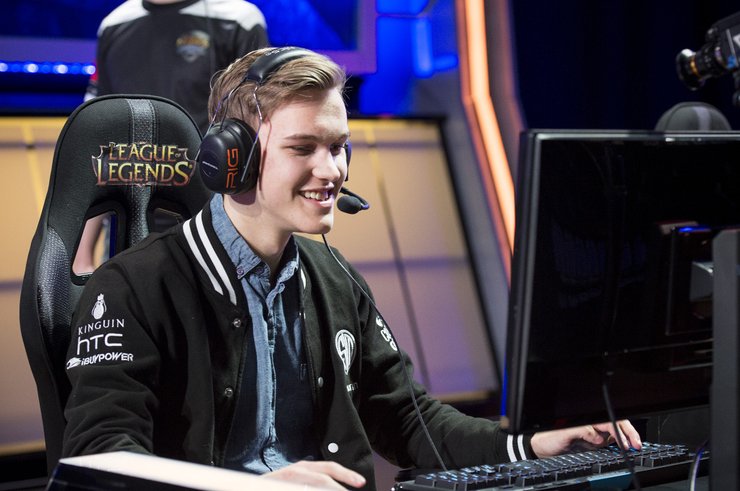
Still, even though the reality is very different from what they imaged, most players said that they enjoyed many elements of their current life, such as having a chance to travel around the world and be recognized by fans.
However, these cool things all come at a cost. Getting adored by fans means there are risks to security, lucrative contracts mean more demanding hours and increased pressure, and participating in commercials and magazine features means there is less time to focus on practicing.
It can be hard for pro players to find the perfect balance between work and life. They usually play games for over 12 hours a day, 6 days a week, which makes professional gaming one of the jobs with the longest workweek in the US. Besides that, there are also many other obligations, such as being available to the media and sponsors.
In return for all the hardship, top players are substantially rewarded. The average League of Legends Championship Series (LCS) player earns hundreds of thousands of dollars a year, and Overwatch players get an annual salary of a minimum of $50,000, with some bordering six figures. And all this is in addition to any prize money they achieve, with several tournaments featuring prize pools of tens of millions of dollars.
Playing to the crowd, for better and worse
As mentioned, pro gamers have other responsibilities besides practicing and competing. For instance, fans want to interact directly with their favorite players after every pro match. Vincent “Biofrost” Wang, currently the Support player of North American League of Legends team Counter Logic Gaming, says that this interaction is a very big part of the LCS.
While for the most part, these interactions are positive both for fans and for players, they could be uncomfortable sometimes. Just in this year, at least two LCS players reported that they were inappropriately touched by fans during a post-match meeting. One member of Overwatch team Houston Outlaws claimed that he had received several death threats online, and a female eSports commentator also shared that she experiences the same “on a daily basis.”
Unwanted online attention is another issue. Overwatch player Jake Lyon says that he has seen fans who act overfamiliar when they see him, and some female fans have even asked him out. Lyon is not alone in this. Many other pro gamers have reported having to go through “terrifying situations”, from death threats to being stalked by overzealous fans.
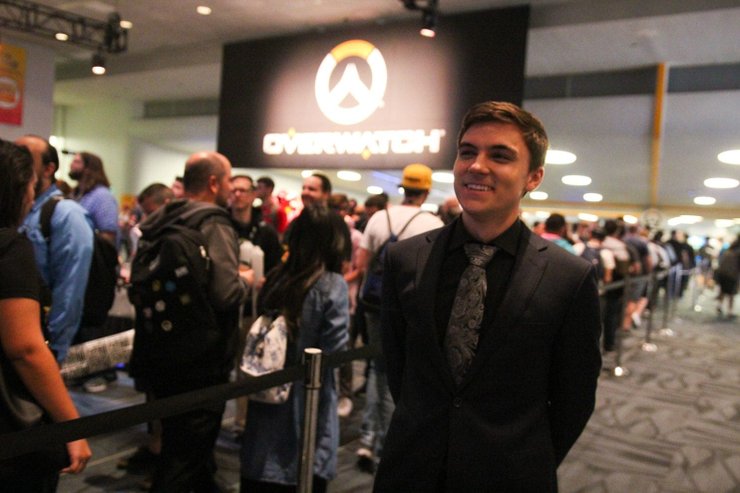
Players are encouraged to be accessible, be it through online streams or fan meetings, since that helps develop their personal branding, which can be very good for them in the future after their gaming career has ended. However, this accessibility has also raised concerns about the safety of players, especially after the shooting at the Madden NFL tournament in Florida last August, which claimed the lives of three people.
“Nothing has happened yet, but I feel like it could," said Kyle Souder, an assistant coach of Overwatch team Paris Eternal. “When players are walking on stage, nothing is stopping anyone from jumping on these players or touching them in any way. ... The clock is ticking down. It’s going to happen eventually.”
Chris Hopper, Riot Games’ Head of Esports - North America, also stated that his first and foremost consideration in live events is the safety of all involved. He cited security cameras and personnel as well as metal detectors as some of the ways the LCS makes sure nothing gets out of control in its events.
According to Hopper, eSports players and event organizers face a more unique challenge compared to their traditional sports counterparts since fans have a stronger “perception of proximity” and “greater degree of kinship.”
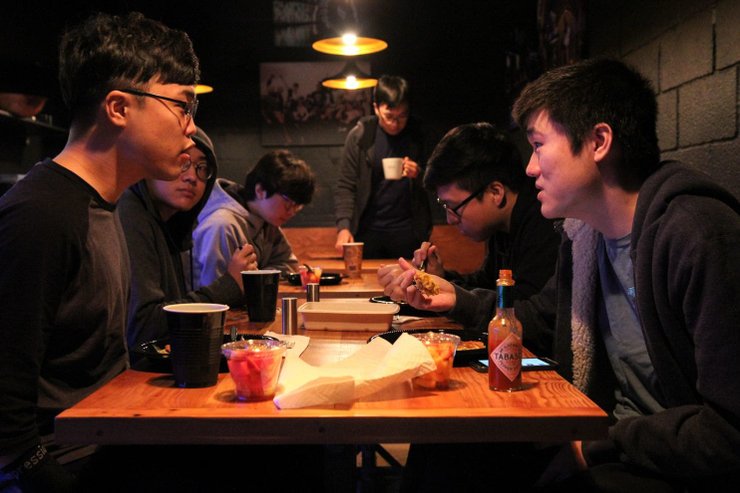
Despite the risks and some uncomfortable situations, players generally have a positive fan experience, especially offline. Many even think of it as a highlight of their job, as few expected to get the kind of attention comparable to that of celebrities or traditional athletes when they first entered the industry.
High risk and unstable future
Gaming careers often begin at a relatively young age and don’t last long. George “HotshotGG” Georgallidis, the owner of Counter Logic Gaming, said in an interview in 2016 that on average, the career length of a pro player is only about one year or two years.
Statistics from ESPN also show that the average age of LCS players is just a little over 21, which is very young compared to the 26.6 of the NFL or 29.2 of Major League Baseball.
That means if a player decides to pursue a career in professional gaming, they often have to make a lot of sacrifices and put many other plans such as attending college on hold. There is a huge risk as well since if gaming fails to pay off, they will have lost several years of their youth and are left with no degree or foothold in life.
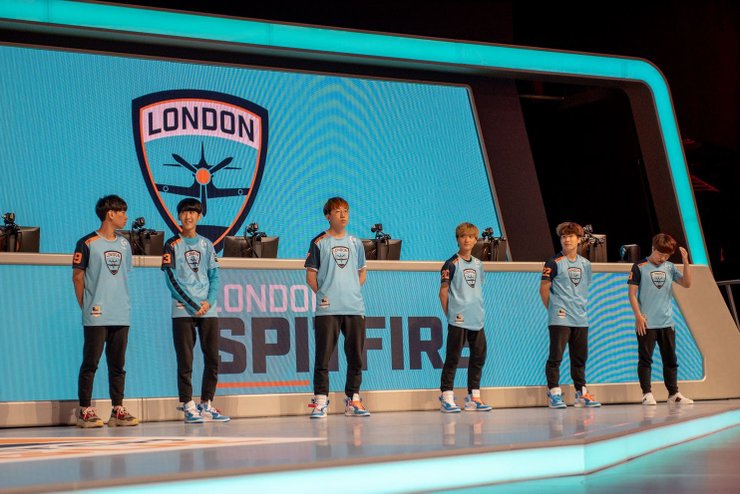
Furthermore, the knowledge that they are expendable and can quickly be replaced only serves to add to the pressure. A poor result at the end of a competitive season can easily lead to an entire rooster being changed, as happened with 2 LCS teams in 2017.
Even if they manage to achieve certain success, players still have to have other plans for their future since the gaming career can’t last long. Many retired pros have turned to stream for a living, while others seek employment in game companies.
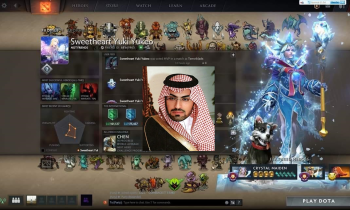
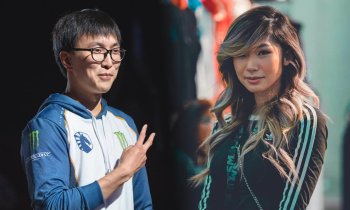
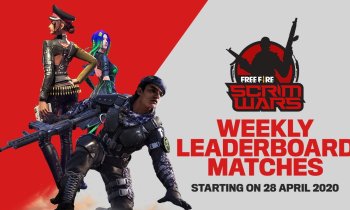

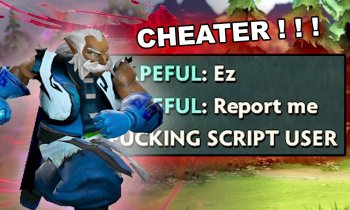





Comments